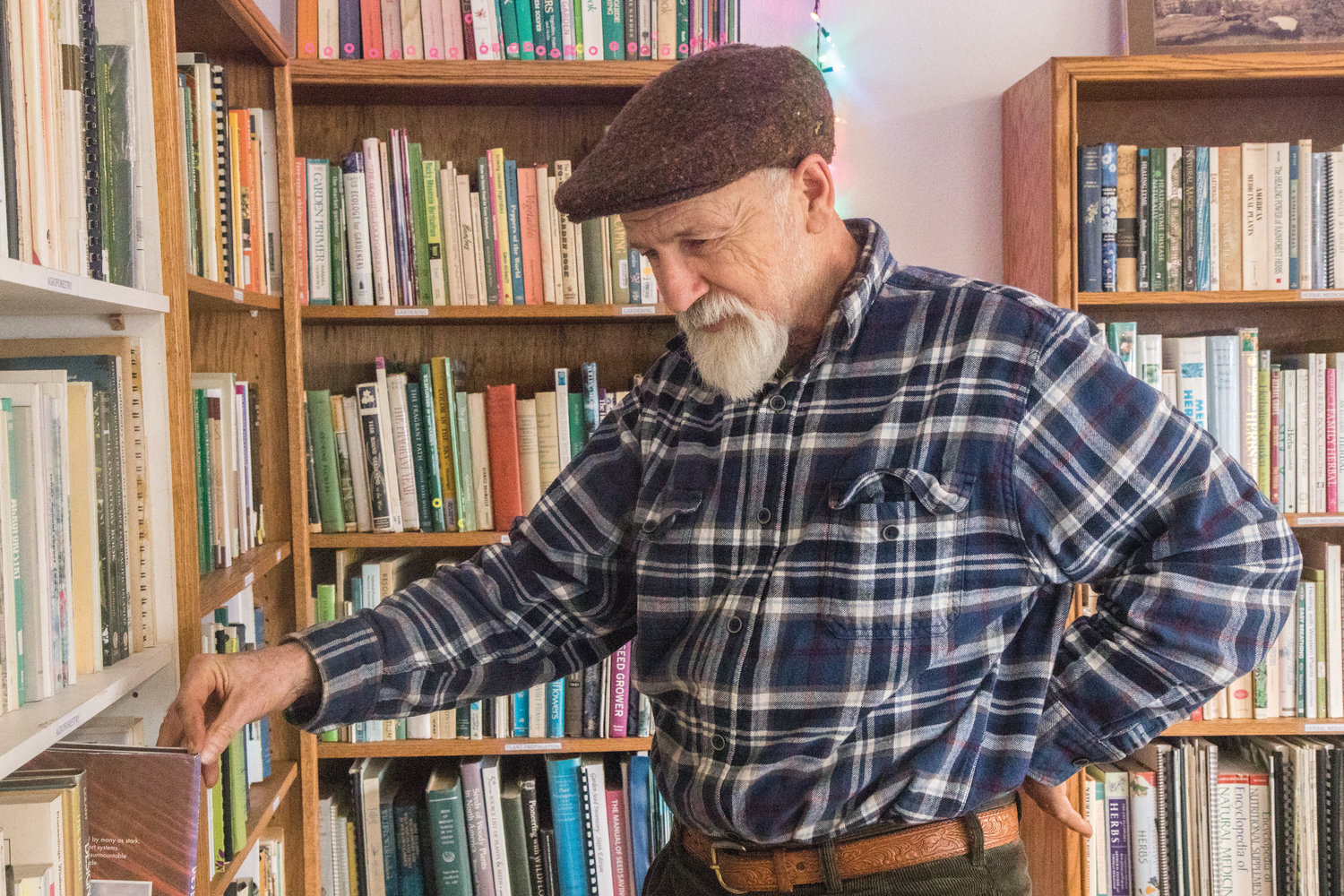Department of Biological Sciences,
University of Limerick, Limerick, Ireland
and
School of Agriculture and Food Science,
University College Dublin, Dublin, Ireland
|
Masters Scholarships
Date of advertisement: 27 January 2020
MarlSites Project – Forest growth and development on high pH soils and marl sites
Forest tree roots have varying tolerance of carbonate or high pH in soil solution. The indications are that all tree species may be limited by carbonates. A simple soil field test, in use for over two centuries, the original “acid test”, demonstrates the presence of carbonates by a fizz response to applied dilute hydrochloric acid. The test remains valid and is used in screening lands for suitability for afforestation. However, although sites showing a positive acid test are rejected for grant approval, forest managers report cases of sites showing a positive test where successful plantations have developed.
MARLSITES is a joint project between University of Limerick and University College Dublin in Ireland. This project will investigate, review and evaluate forest establishment and management practices and protocols on high pH and marl sites with a view to proposing improvements that would increase forest productivity and help ensure sustainability. The study will aim to inform policy and establishment practices on these sites. The project is funded by the Department of Agriculture, Food and the Marine (DAFM) in Ireland.
Two Masters projects will be funded as part of this research, as follows:
MSc 1. Soil properties influencing forest growth and development on high pH and marl sites. The student will investigate soil properties at a range of study sites on high pH and marl sites. This MSc will be based at the University of Limerick and will be supervised by Dr Ken Byrne (University of Limerick) and Dr Thomas Cummins (University College Dublin).
MSc 2. Growth and development of forest stands on high pH and marl sites. The student will investigate forest growth and development at a range of forest stands on high pH and marl sites. Trees will be felled, and disks collected from the stems and analysed using WinDendro to reconstruct the tree’s development. This MSc will be based at University College Dublin and will be supervised by Prof. Maarten Nieuwenhuis (UCD Forestry).
Support from the students will be required for reporting to the funding agency, participation in the preparation of publications and presentation of research at scientific meetings, as required by the senior researchers on the project, though these activities will be a minor component of the work. Both MSc projects will have a common set of field sites and will collaborate closely throughout the project. Both projects involve a significant requirement for field sampling, so it will be necessary for both candidates to have a full driving licence. Evidence of team working would be an advantage.
Applications are sought from highly motivated individuals who have a good academic record in forestry, soil science, environmental science, natural resource management or closely related disciplines.
The study will commence as soon as possible. The Masters Scholarship will be €24,000 per annum for two years. After a contribution to tuition fees have been deducted (€6,000 for EU students in 2019/20), the remainder of the scholarship will be paid monthly as a tax-free stipend.
Applicants should submit, by email, indicating the post for which they are applying, a letter outlining why they are interested in the research topic, their suitability for the position, a full curriculum vitae (including the names, addresses and emails of two referees) to: Dr Ken Byrne (ken.byrne@ul.ie). Queries about either of the two positions may be sent to Dr Byrne. Please also indicate where you first saw this post advertised.
Closing date: These positions will remain open until filled.
Only candidates called for interview will be contacted.
|












